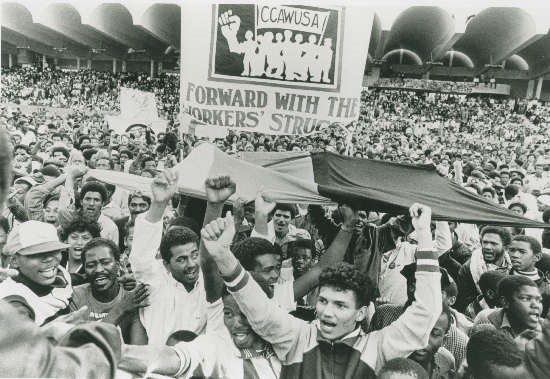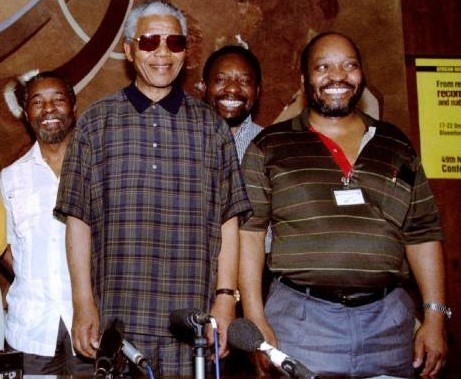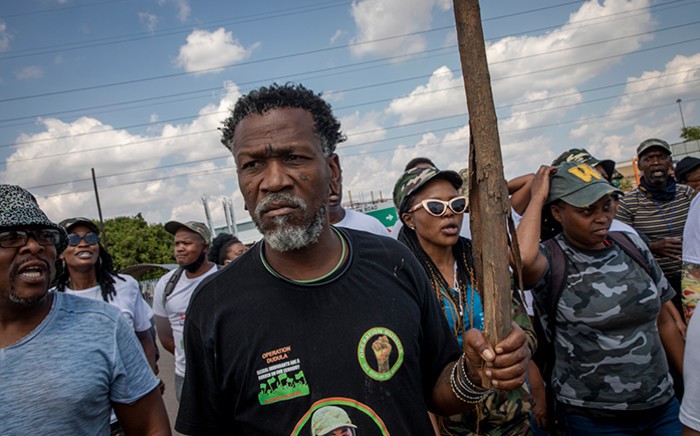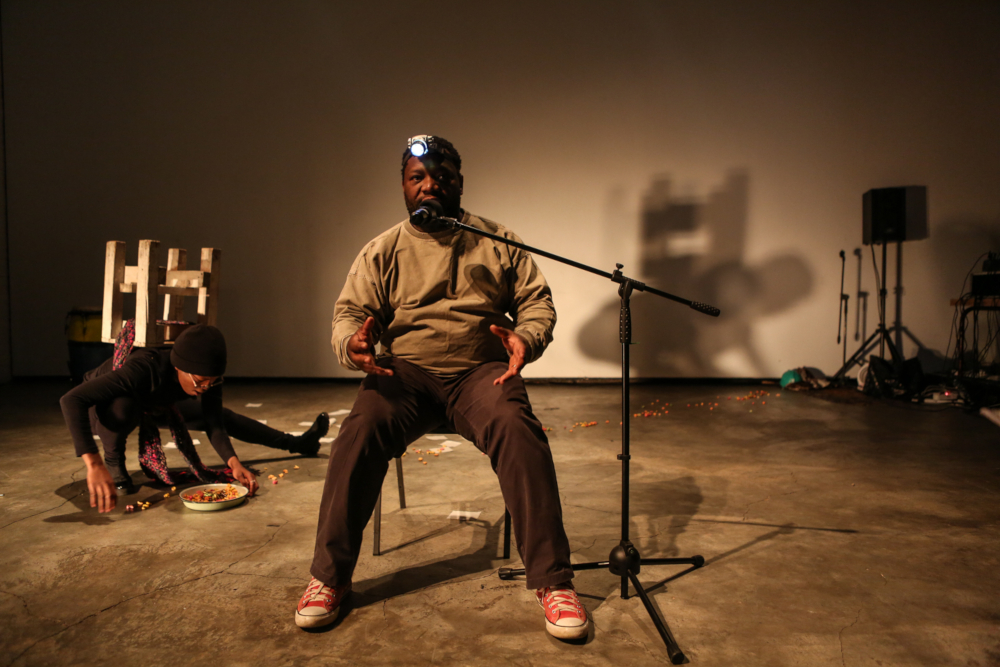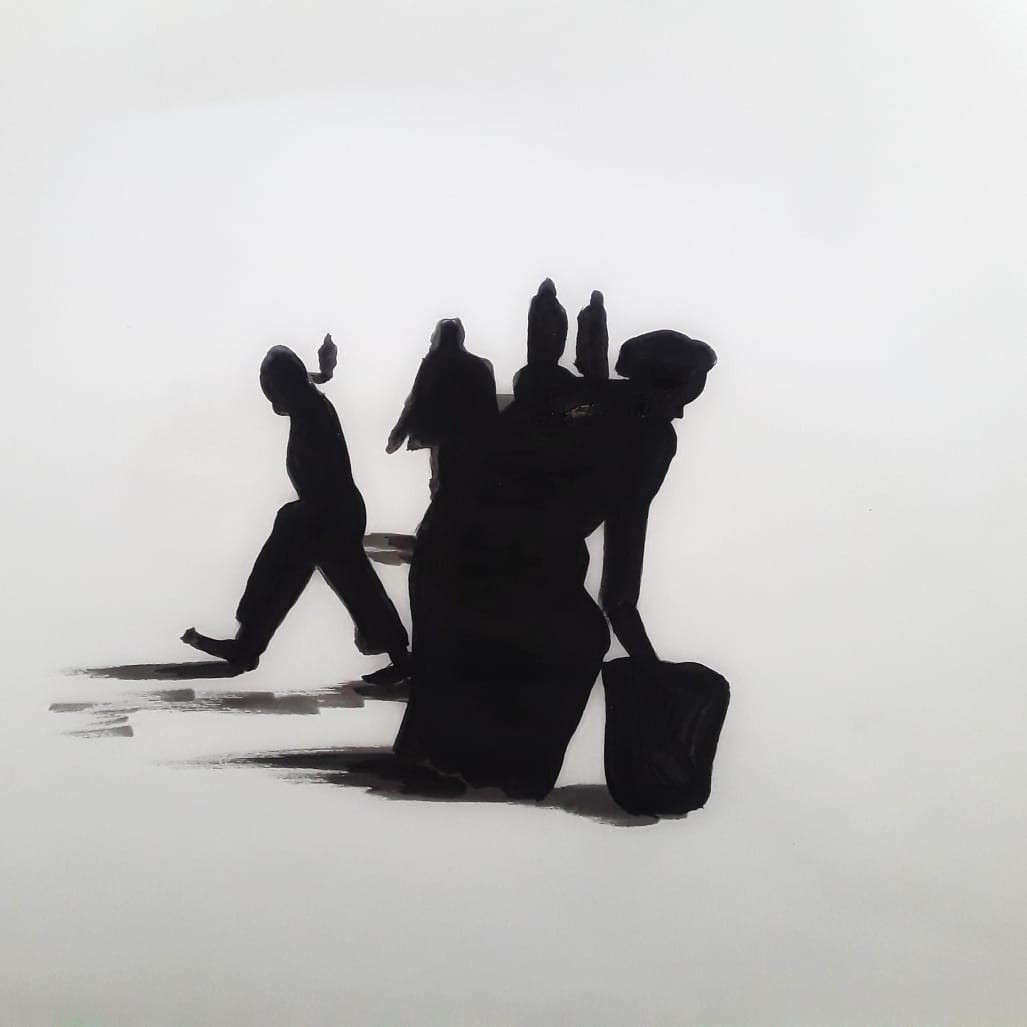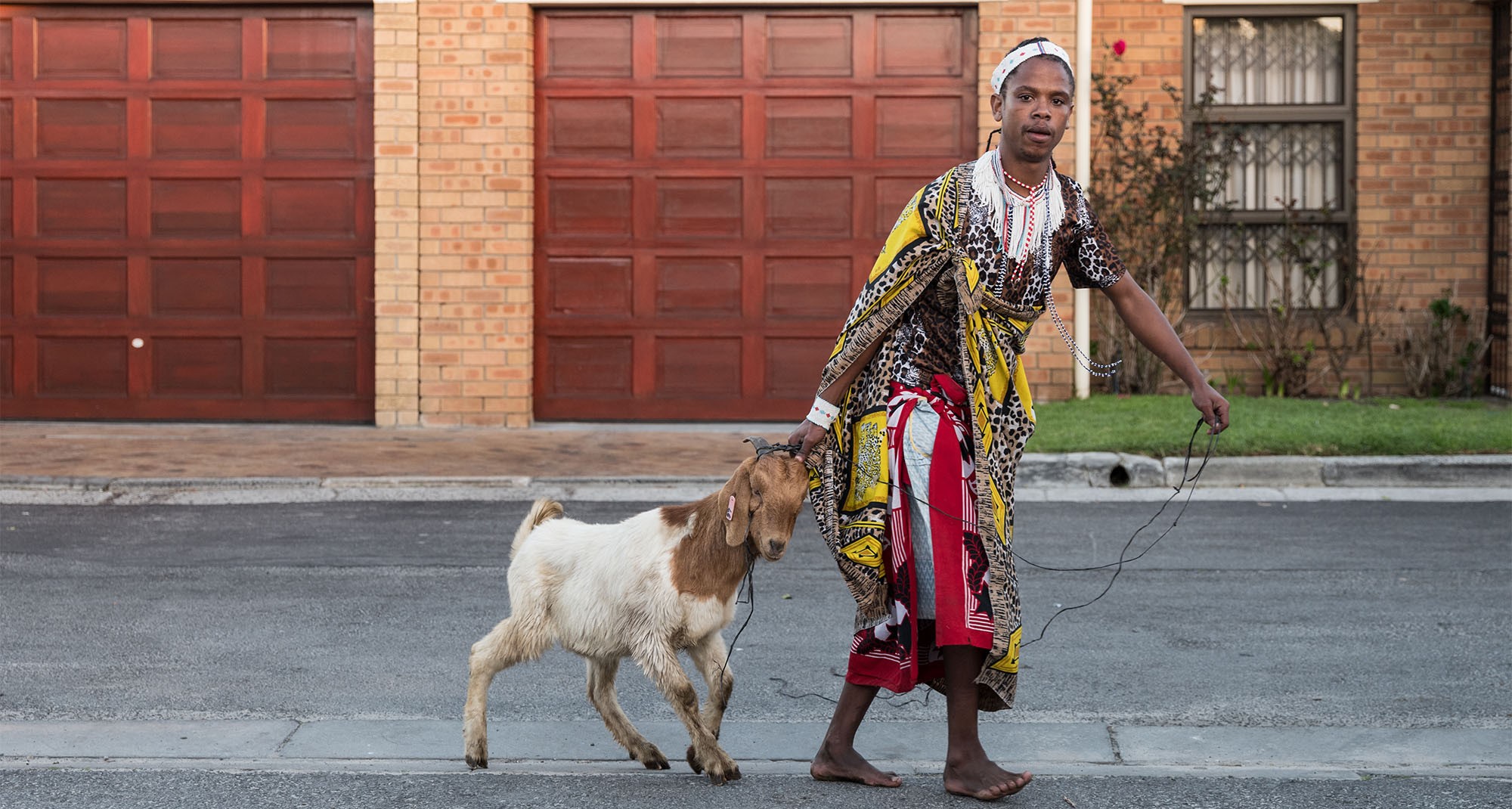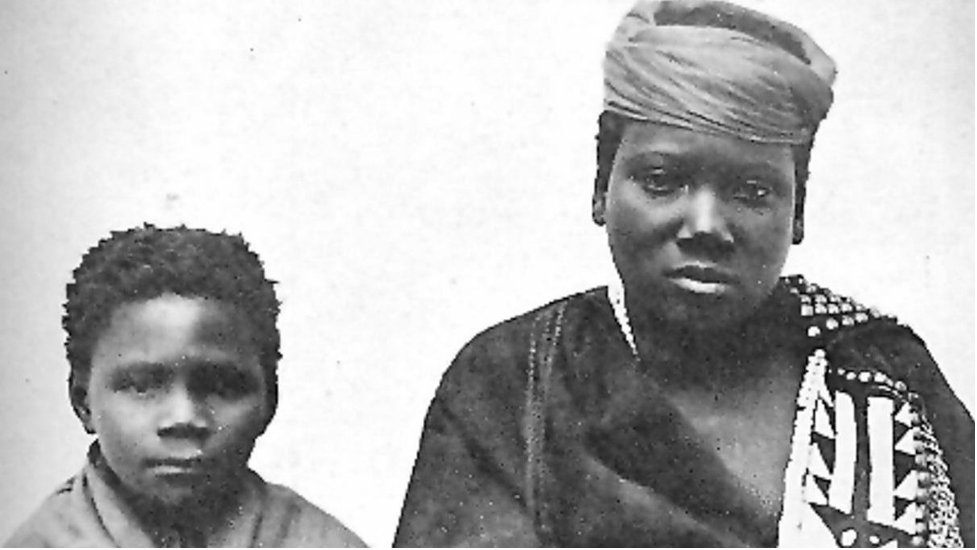The combination of the harsh socioeconomic environment, employers’ inexorable appetite to rebuff labour demands for a wage increase and a government that appears determined to tighten the screws on collective bargaining seem to have moved South African trade unions towards closing ranks and uniting beyond federation affiliation and ideopolitical differences. In May 2022, the National Union of Mineworkers (NUM) – affiliated to the Congress of South African Trade Unions (COSATU), and the Association of Mineworkers and Construction Union (AMCU)- affiliated to the National Council of Trade Unions (NACTU) - demonstrated high level of worker- unity in their fight for a living wage against the starvation wages offered by Sibanye -Stillwater, the world’s largest producer of platinum. United under the banner of the two unions, workers braved freezing weather, sleeping on the lawns of the union building for weeks to demand that the state intervene to break the wage negotiation impasse. The two unions received support from the South African Federation of Trade Union (SAFTU) formed by NUMSA and several unions that delinked from COSATU. In October 2022, the majority of unions in the Public Service Collecting Bargaining Council (PSCBC) rejected the offer of a 3% increase from the Department of Public Services and Administration (DPSA) and its decision to discontinue the R1000 cash gratuity in 2023. However, the South African Democratic Teachers Union (SADTU), broke ranks and declared that it will accept the offer. This placed tremendous pressure on the required trade union unity in wage negotiations with a government that is determined to make workers carry the burden of its fiscal austerity measures forced by both adherence to neoliberal macroeconomic policies and the depletion of state resources due to maladministration and corruption. Nevertheless, to date the majority of the labour unions in the PSCBC and the three federations (COSATU, SAFTU and Federation of Unions of South Africa (FEDUSA) have displayed a commitment to unity. This is probably informed by the realization of the unions that their disunity disables their bargaining power and buttresses the power of employers and the government.
Among others, the unity of the workers could have been spurred by the announcement by the Finance Minister, Enock Godongwana in his mid-term budget policy statement that the government will unilaterally implement the 3 % increase. On the same day (24 October 2022) that the Public Servants Association (PSA) – affiliated to FEDUSA - issued the PSCBC with the notice to strike, COSATU announced that while it is continuing with conciliation, it will embark on pickets and demonstrations to pressurize the government. The PSA, South African Police Union (SAPU) – affiliated to SAFTU - joined the National Health and Allied Workers Union (NEHAWU), the Democratic Nursing Organisation of South Africa (Denosa), the Police, Prisons, and Civil Rights Union (Popcru) – all affiliated to COSATU, and the Health and Other Personnel Services Trade Union (Hospersa) – a FEDUSA affiliate - on the picket line outside the offices of the PSCBC. In a television interview on 31 November 2022, SAFTU Secretary General, Zwelinzima Vavi declared that the strike and national shutdown will be an organised labour strike rather than a PSA or COSATU or SAFTU strike. This emphasis on uniting to strike as one was reiterated by the speakers at the picket that took place outside the PSCBC offices on 31 October and 1 November 2022.
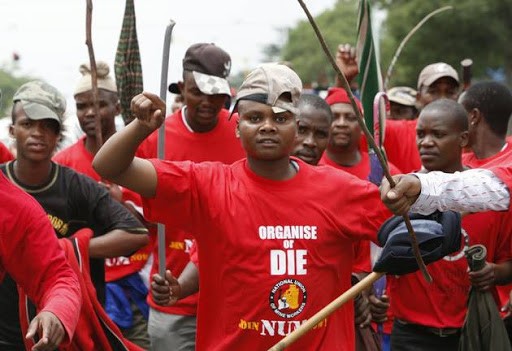
The resurgence of the idea that what unites workers is greater than the political divisions that separate them was also indicated when SAFTU president, Ruth Ntlokotse was given a platform at the 2022 Congress of COSATU at which the national Chairperson of the ANC and Minister of Minerals and Energy, Gwede Mantashe was heckled and disallowed to speak. Importantly, the differences in the independence of labour unions from political parties were central to the split that led to the establishment of COSATU. The key political reasons that led to the expulsion of NUMSA from COSATU were NUMSA’s decision not to support the ANC in the 2014 general elections and its decision to extend its scope. At that time, the critics of NUMSA with COSATU argued that the two decisions violated the constitution of COSATU. NUMSA argued that its position was informed by the reality that the ANC and the tripartite alliance had failed workers and that extension of its scope was not in violation of the COSATU constitution. This was not the first time in the history of trade unionism in South Africa that the question of the political independence of labour became a stumbling block to worker unity. In the 1980s, the Federation of South African Trade Unions (FOSATU), the Council of Unions of South Africa (CUSA) and the Azanian Council of Trade Unions (AZACTU) entered into negotiations to realize the ideal of “one country, one federation; one industry, one union”. However, their negotiations reached a stalemate as a result of political differences. While FOSATU insisted on the adoption of the freedom charter and affiliation to the Congress Movement, and non-racialism, the CUSA-AZACTU block insisted on political independence and non-affiliation to political parties and that while white workers should be granted membership, the union movement must be under the leadership of Black people. At that point, there were two militant giant unions in South Africa: the National Union of Mineworkers, aligned to the CUSA-AZACTU block and the Metal and Allied Workers Union (MAWU), allied to FOSATU. Notably, NUM was the largest union in the whole country, compared to all the unions within FOSATU, CUSA, AZACTU, the National Federation of Workers and the independent unions.
The numeric strength and militancy of the NUM and MAWU (today's NUMSA) were of strategic importance in the negotiations for the formation of one federation in South Africa. Therefore, it raises curiosity that in the middle of the stalemate on the two political issues that created a barrier to the formation of one federation, NUM, under the leadership of Cyril Ramaphosa, (current President of South Africa), crossed the floor to the FOSATU block. This tilted the scale in favour of FOSATU. It now had two large labour unions, including the largest union in the entire country. It no longer needed the rest of the unions in the CUSA and AZACTU to establish a formidable federation. Thus, the defection of NUM from CUSA-AZACTU to FOSATU played a significant role in the establishment of COSATU by the Federation of South African Trade Unions (FOSATU), the small National Federation of Workers, and some independent unions. Among several suppositions about the behind-the-scene factors that led to the floor-crossing by Cyril Ramaphosa and NUM, one suggestion is that the South African chapter of the US-based Solidarity Centre, an institution that provides financial and other support to trade unions, gave Ramaphosa an ultimatum to move to FOSATU or bid goodbye to its funding. Ironically, under the Ramaphosa presidency, socioeconomic realities and government policies are apparently steering labour unions to converge around the collective interests of workers and rise above parochial party politics that made the merger of FOSATU, CUSA and AZACTU unrealizable about three decades ago. It stands to be seen if the current realities may lead to the revival of the idea of “one country, one federation,” or at least the building of a strong united front of trade unions that can enable workers to fight as one against the squeeze of labour and social demands by regimes and regiments of unbridled accumulation of private wealth.

